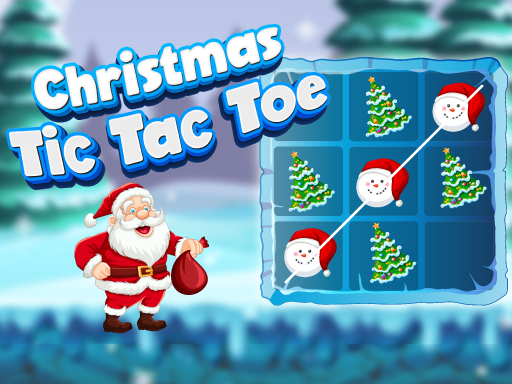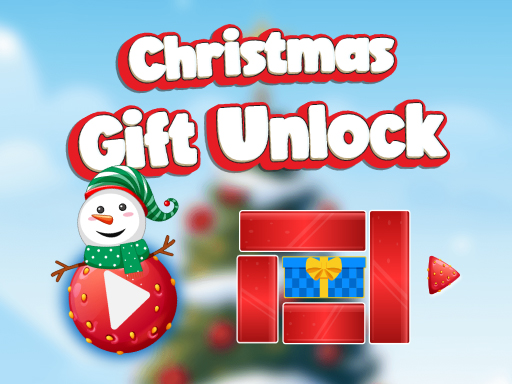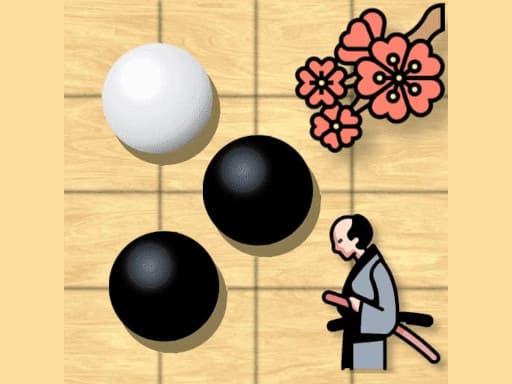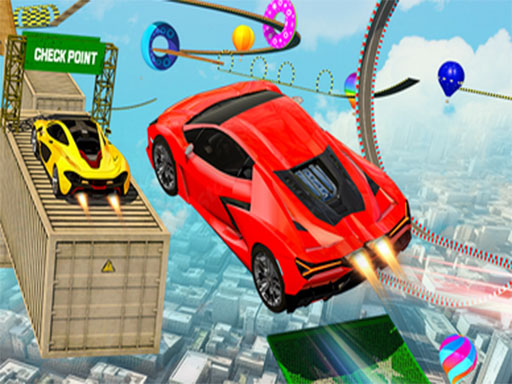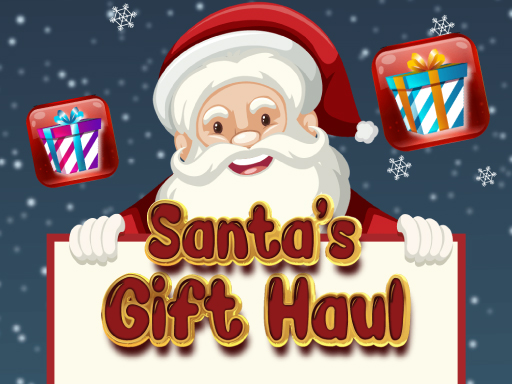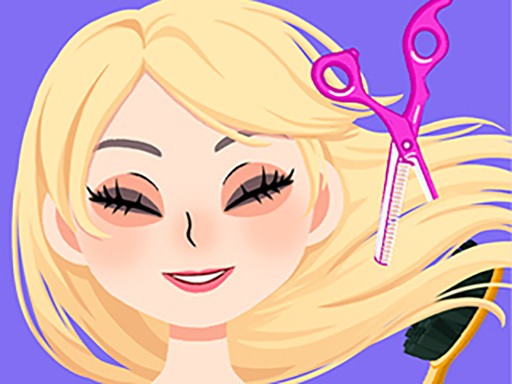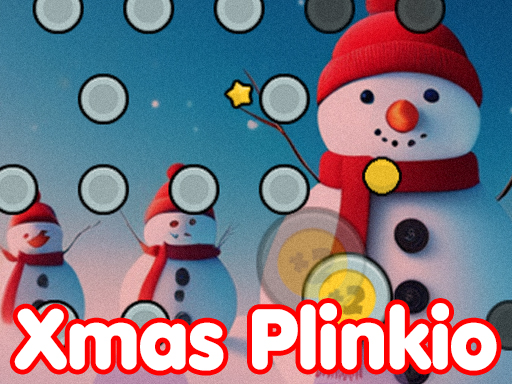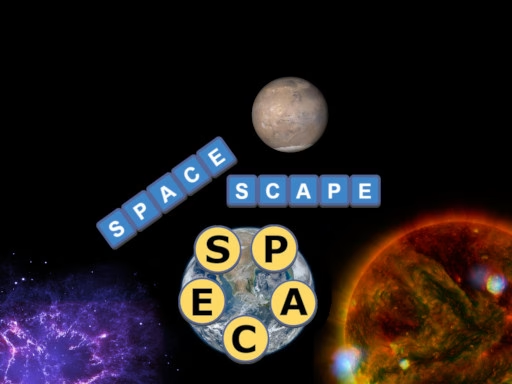
NASA Word Explorer: Expand Your Mind and Vocabulary
Discovering the Universe Through Words
Imagine scrolling through the breathtaking archives of NASA, each image more mesmerizing than the last—from swirling galaxies to colossal nebulae. Now, imagine pairing that visual journey with the challenge of word puzzles. NASA Word Explorer turns this into reality, blending educational entertainment with cognitive stimulation.
The game invites players to explore over 100 beautiful images while testing vocabulary and spelling skills. Each puzzle presents words related to space, astronomy, and science, creating an immersive experience where learning feels effortless.
Are you ready to launch into a universe of words and stars? The first step is simple: touch the screen or click the mouse to reveal your first puzzle.
How the Game Works
At its core, NASA Word Explorer combines classic word puzzles with modern interactive design. Players are presented with jumbled letters, crossword-style clues, or missing letters in a word. Each correct answer unlocks a portion of a stunning NASA image, rewarding both cognitive effort and curiosity.
Tips for beginners:
- Focus on shorter words first to gain confidence.
- Use the visible letters in the puzzle as anchors.
- Take a moment to study the accompanying image—it often contains clues.
Anecdote: Player Emma noticed the letters “M-A-R-S” and immediately recalled the red planet image behind the puzzle—linking visual memory to vocabulary proved fun and effective.
Vocabulary Expansion
One of the game’s biggest benefits is vocabulary growth. By introducing astronomy-related terms like “quasar,” “exoplanet,” or “asteroid,” players simultaneously strengthen language skills and scientific knowledge.
Strategies:
- Keep a personal list of new words for later review.
- Say the words aloud to reinforce memory.
- Try using newly learned terms in conversation for retention.
Humor: Some words may be tricky, like “magnetosphere”—expect some hilarious tongue twisters while learning!
The Power of Visual Learning
The NASA images aren’t just for decoration—they enhance memory retention. Seeing the word “nebula” alongside a swirling cloud of gas and dust creates a visual association that strengthens recall.
Tips:
- Pause to admire each image before attempting the puzzle.
- Describe the scene aloud—this engages multiple areas of the brain.
- Discuss your observations with friends or family to deepen understanding.
Anecdote: One player learned “supernova” faster because they could visualize the star exploding in vivid colors, making the word unforgettable.
Interactive Features for Engagement
Unlike traditional word puzzles, NASA Word Explorer incorporates touch and click mechanics, making gameplay dynamic:
- Tap letters on-screen to fill blanks
- Drag letters into the correct position for crossword puzzles
- Highlight words within images for hidden-word challenges
Tips:
- Use a light touch on touchscreens to avoid errors.
- Plan moves carefully for more complex puzzles.
- Celebrate each completed puzzle—it’s a small victory in your cosmic journey.
Cognitive Benefits
Playing this game offers more than fun; it’s a mental workout:
- Enhances pattern recognition
- Improves spelling and vocabulary
- Boosts attention and concentration
- Strengthens memory through visual-word associations
Example: Children who played for 15 minutes daily demonstrated improved recall of previously learned words, showing the educational impact.
Progressive Difficulty
The game scales difficulty as players advance:
- Early levels focus on simpler words and common NASA terms.
- Mid-level puzzles introduce longer words and multisyllabic challenges.
- Advanced stages incorporate abstract concepts like “gravitational lensing” or “cosmic microwave background.”
Table Example:
| Level | Word Complexity | Image Reveal | Challenge |
|---|---|---|---|
| Beginner | 3-5 letters | Partial image | Simple clues |
| Intermediate | 6-8 letters | Half image | Hint-required |
| Advanced | 9+ letters | Full image | Multi-step puzzles |
Strategies for Advanced Players
As puzzles grow in complexity, strategic thinking becomes essential.
Tips:
- Break down long words into syllables.
- Use visible letters to guess unknown parts.
- Pay attention to letter patterns common in astronomy terms.
Humor: “I once spent five minutes on ‘astrophotography’—turns out saying it five times fast is a workout too!”
Integrating Learning With Fun
NASA Word Explorer encourages players to engage with both content and images, creating a holistic learning experience.
- Explore the story behind each image
- Research terms that are new or complex
- Discuss findings with friends or family for deeper understanding
Anecdote: A player spent an afternoon exploring the Hubble Space Telescope archive after solving puzzles, sparking a genuine interest in astronomy beyond the game.
Unlockable Rewards
Completing puzzles unlocks additional images or special “space fact cards.” These rewards encourage continued engagement and curiosity.
Tips:
- Focus on completing sequences of puzzles for maximum rewards.
- Use reward images as inspiration for creative writing or drawing.
- Share interesting space facts with friends—learning becomes social.
Mindfulness and Focus
The combination of visual appeal and interactive gameplay creates a mindful experience. Players focus deeply on words, letters, and images, allowing cognitive relaxation and engagement simultaneously.
Tips:
- Play in short, focused sessions for maximum benefit.
- Use headphones to enhance auditory clues and immersion.
- Pause to reflect on the images—mental rest improves retention.
Social and Competitive Elements
Though primarily solo, the game offers opportunities for sharing and challenges:
- Compare scores with friends on social media
- Organize small word-challenge competitions
- Encourage collaborative puzzle-solving for group learning
Humor: “I beat my friend by one puzzle—it was worth a victory dance in zero gravity!”
Word Puzzles and Image Connections
Each puzzle connects words to visual content, which aids memory through dual coding.
Tips:
- Associate unfamiliar words with vivid aspects of images
- Create mental stories linking words to cosmic phenomena
- Revisit favorite puzzles to strengthen retention
Short anecdote: Associating “exoplanet” with a planet orbiting a distant star made the term unforgettable for one player.
Encouraging Independent Play
NASA Word Explorer allows children and adults to play independently, fostering self-directed learning.
- Explore images at your own pace
- Select puzzles according to difficulty preference
- Encourage curiosity-driven exploration outside the game
Tip: Parents can guide younger children by discussing images, pointing out letters, or playing collaboratively.
Real-World Application
Beyond vocabulary, players gain insights into astronomy and science literacy.
- Recognize celestial objects in textbooks or documentaries
- Understand scientific terminology used in media
- Build curiosity for STEM subjects
Example: Players often report remembering complex words like “pulsar” after seeing associated images in the game.
Combining Game Play With Offline Learning
Reinforce learning by connecting game terms with offline activities:
- Write a short story using new words
- Draw images inspired by the NASA archive
- Create flashcards for complex astronomy terms
Humor: “My child tried drawing a black hole—turns out it’s more like a squiggly dot, but learning is messy and fun!”
Tracking Progress
The game provides progress indicators:
- Completed puzzles
- Words learned
- Images unlocked
Tip: Keeping a personal journal of new words enhances retention and motivates continued play.
Multi-Sensory Learning
By engaging sight, touch, and cognition simultaneously, the game strengthens multiple learning pathways:
- Visual: NASA images and letter layouts
- Tactile: Touchscreen or mouse interaction
- Cognitive: Vocabulary recall and puzzle solving
Anecdote: Children using both visual and tactile approaches mastered words faster than using either alone.
Motivation Through Rewards
Visual and cognitive rewards maintain engagement:
- Unlocking a full image
- Revealing fun facts about space
- Gaining in-game stars for correct answers
Tip: Celebrate achievements both in-game and in real life to encourage ongoing play and learning.
Safe and Child-Friendly Design
The game is designed for players of all ages:
- No ads or disruptive content
- Simple and intuitive controls
- Positive feedback and encouragement
Tip: Supervision enhances learning outcomes for younger children while keeping the game fun.
Conclusion: Explore, Learn, and Grow
NASA Word Explorer offers a unique blend of education and entertainment, combining puzzles, vocabulary expansion, and cosmic imagery. Players improve language skills, explore the universe, and enjoy a fun, immersive experience.
Are you ready to journey through the stars, solve puzzles, and expand your mind? 🌌🖱️
For Your Social
#NASAWords #WordPuzzleGame #EducationalGaming #VocabularyChallenge #AstronomyFun #InteractiveLearning #BrainGames #TouchAndPlay #NASAImages
